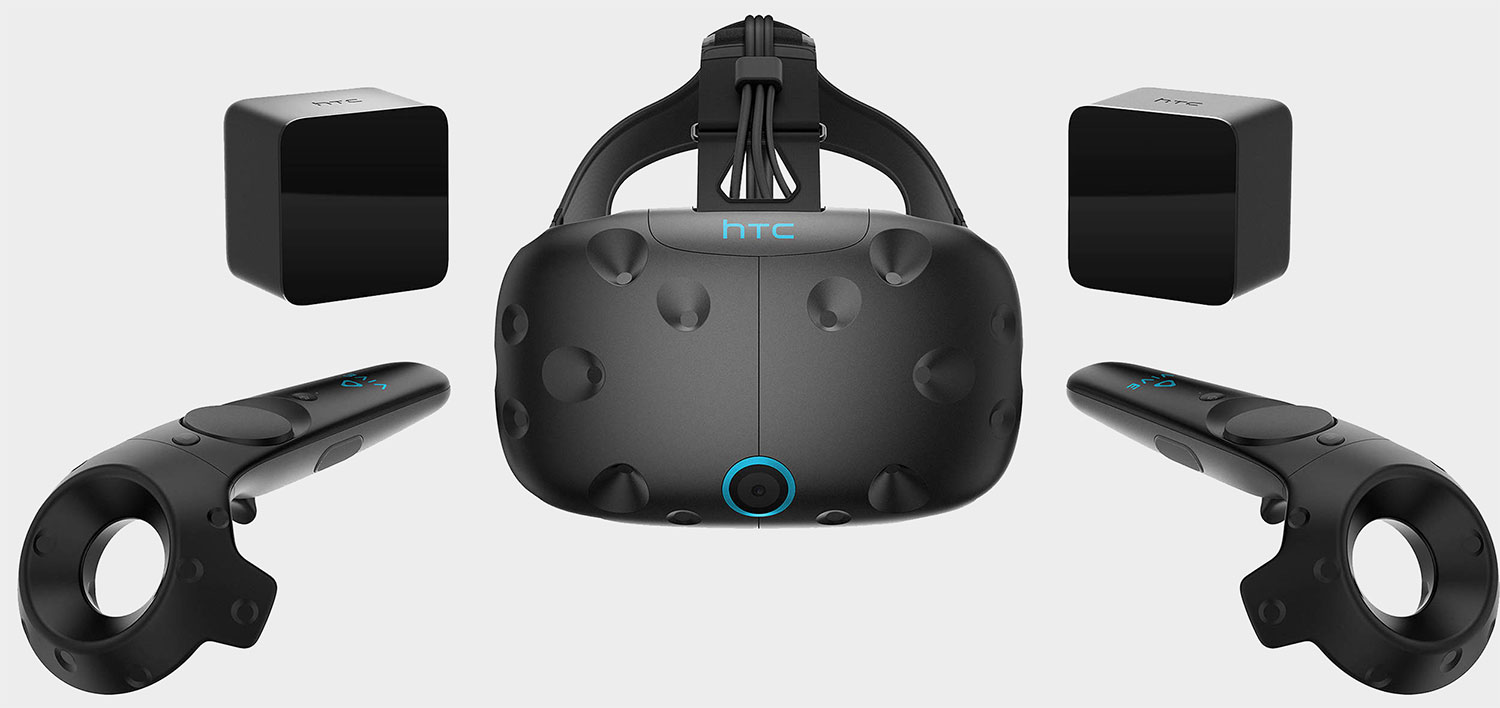HTC fires back at VR naysayers, sheds light on Vive’s declining sales numbers
VR is alive and well, HTC says.

HTC is out to dismiss any notion that VR is dying, and that analysts have it mostly wrong when looking at the data. As far as HTC is concerned, VR has a big and bright future, even if the sales data seems to contradict its outlook at first glance.
"Have you heard the news? Analyst reports are in and apparently, it’s curtains for Virtual Reality (VR). Pardon us if we’re not heeding the alarms. News of the so-called death of VR comes once a year and is greatly exaggerated," HTC said in a blog post defending the Vive, and VR in general.
A recent report by Digital Trends that focused on the declining sales numbers for various VR solutions, the Vive included, prompted HTC's defense of the category at large. It apparently struck a nerve with HTC.
That's understandable given HTC's vested interest in VR, especially as it struggles in the smartphone space, its former bread and butter. In the report, Digital Trends notes that the Vive's "sales rank has plummeted" on Amazon. From HTC's vantage point, however, there's a reason for the decline.
"Vive has paced at its highest sales velocity of all time, for weeks on end, and we sold out. For a consumer electronic product in its third calendar year, this continued trajectory is nearly unheard of. Don’t worry, though: we are ramping up production of the original Vive and units will continue to roll out to online and retail over the coming weeks," HTC said.
HTC's rebuttal only focused on its own products, whereas the report also notes sharply declining sales for Sony's PlayStation VR, Samsung's Gear VR, and Facebook's Oculus Go. It's a limited collection though, and there's no data provided for the Oculus Rift or swath of mixed reality headsets for Windows 10.
Not surprisingly, HTC was much more favorable towards IDC's analysis, which focused on revenue market share.
The biggest gaming news, reviews and hardware deals
Keep up to date with the most important stories and the best deals, as picked by the PC Gamer team.
"In the VR industry, it’s important to not only move units, but to ensure that we have a growth path for customers and our business over time," HTC said.
"That is why we’re happy to see intelligence firms like International Data Corporation (IDC) get it right. They analyzed VR revenue share and show Vive as the leader in the space, which means our investments are paying off for consumers and businesses. It means customers have more to do with their VR headsets and it means businesses see a path toward earning money themselves. It’s exactly where we want to be," HTC continued.
According to IDC, the Vive accounts for more than a third (35.7 percent) of VR revenue, followed by Samsung in distant second with an 18.9 percent share.
It remains to be seen how that will change throughout the rest of 2018 and into 2019. HTC recently launched an upgraded Vive Pro with a higher resolution display and other design tweaks, but it's $799 for the headset by itself, and $1,399 for the full kit with second-gen controllers and base stations.
Paul has been playing PC games and raking his knuckles on computer hardware since the Commodore 64. He does not have any tattoos, but thinks it would be cool to get one that reads LOAD"*",8,1. In his off time, he rides motorcycles and wrestles alligators (only one of those is true).


